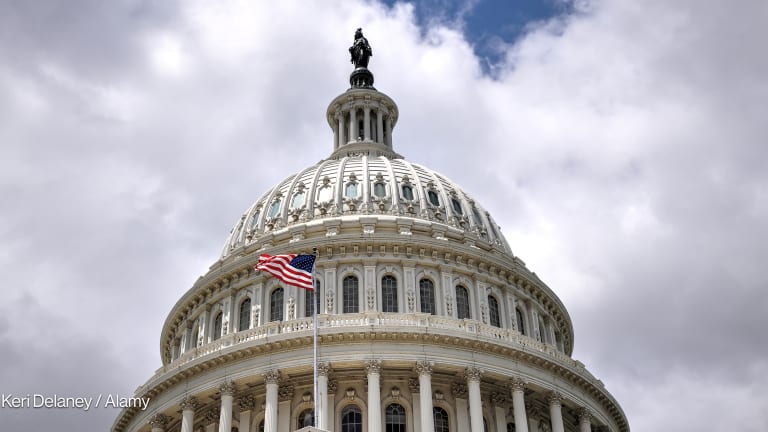The House Foreign Affairs Committee hearing on Tuesday indicated that the majority of members oppose President Donald Trump’s proposed budget cuts and believe that, while reforms are needed, U.S. foreign assistance should not be slashed.
During the hearing, only one member of Congress came out vocally in support of the proposed 28 percent budget cuts: Rep. Dana Rohrabacher, a Republican from California, cheered Trump’s proposal.
“Somebody finally got the message from the American people that we’re not going to put up with the corruption, with the financing of our enemies, that we see over and over again when we look at our foreign aid budget,” he said, suggesting that foreign aid spending has been wasted or has gone to countries that oppose the U.S.








